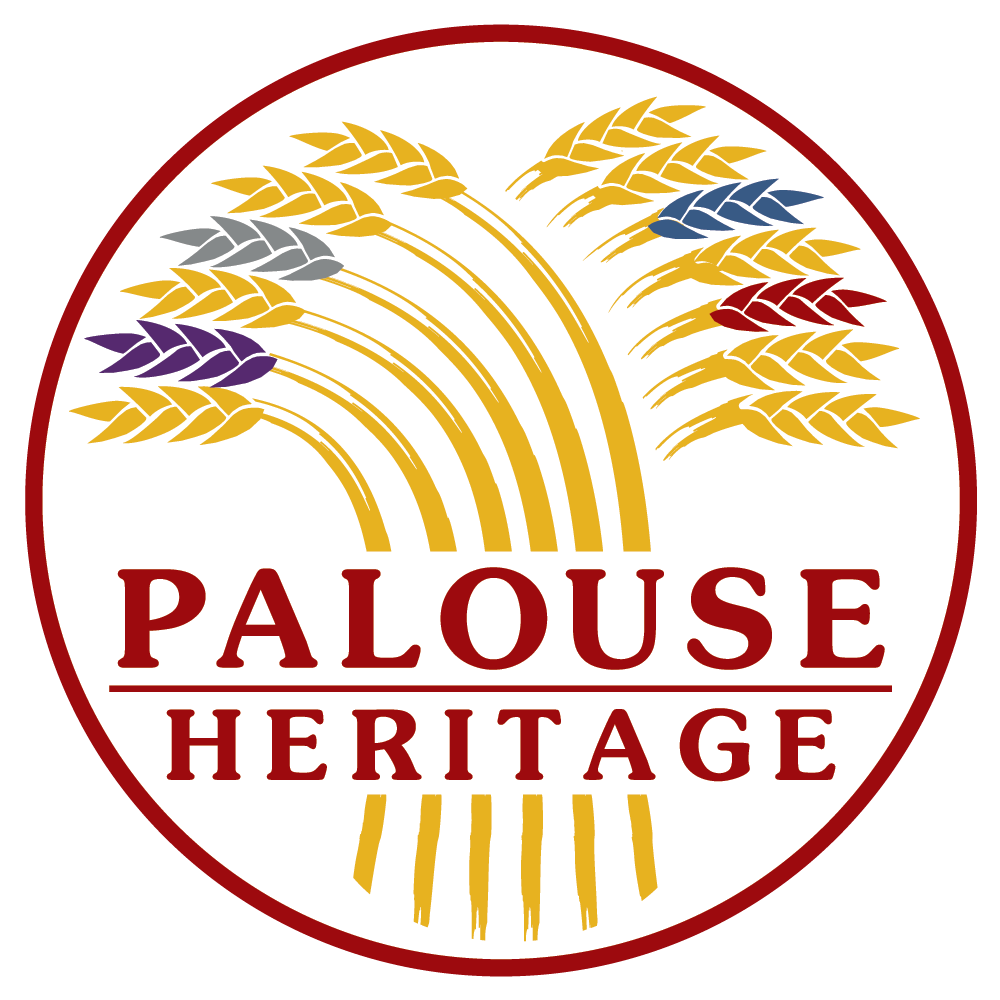Palouse Heritage had the opportunity to present at the 2016 Food & Farm Expo in Spokane. Our co-founders, Richard and Don Scheuerman, participated in the event along with several of our friends and partners who have joined us in the effort to raise awareness about the benefits of landrace grains.
Richard taught one of the classes at the event, titled:
Heritage and Landrace Grains: Restoring the soil, our health and flavor with heritage and Landrace Grains
You can watch his lecture below. The accompanying PowerPoint slide deck is available by clicking here.










